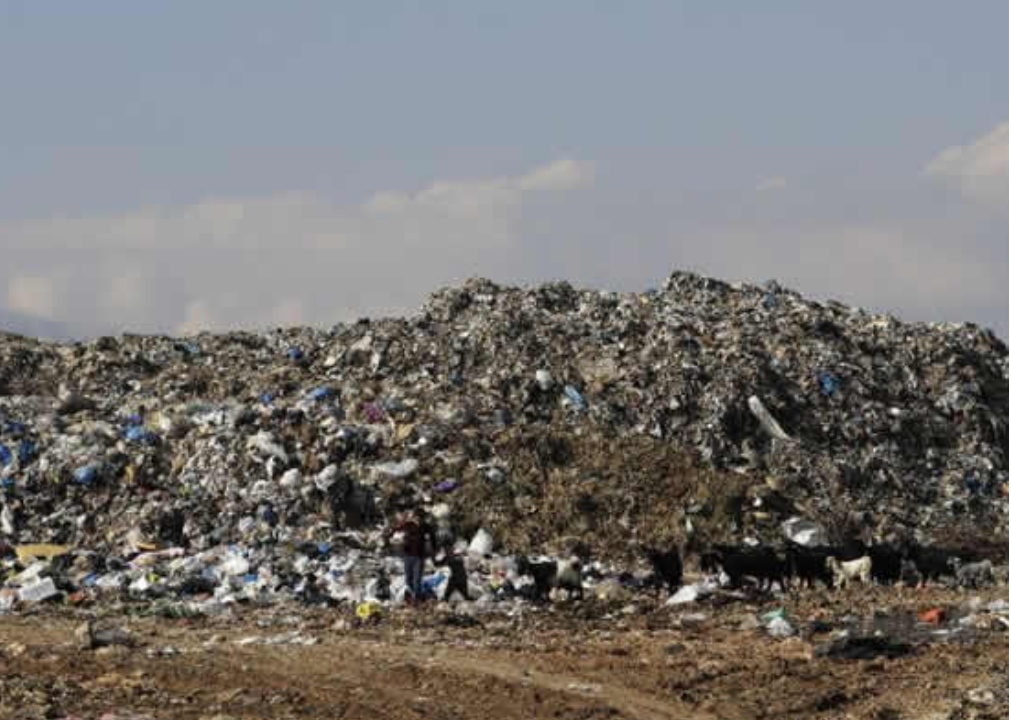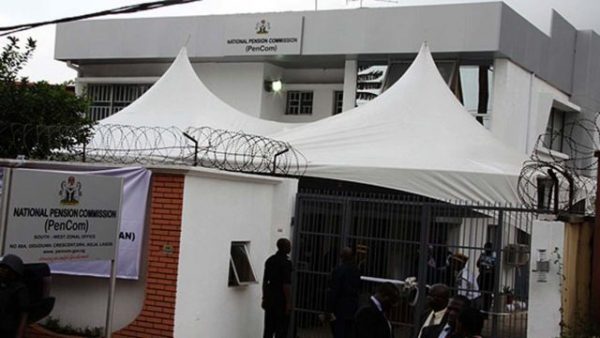2017 budget:FG proposes another N500bn for social intervention

The Federal Government said it would again set aside the sum of N500bn in the 2017 budget for its social intervention programme.
The amount when added to the N500bn earlier approved for the same purpose this year would bring the total budgetary allocation for programme to N1tn in two years.
The Minister of State for Budget and National Planning, Mrs. Zainab Ahmed, gave the figure on Monday while speaking at a media briefing in Abuja on the national nutrition week.
The main objective of the week is to intensify awareness on the importance of food and nutrition to child survival and its impact on human development, productivity and economic development.
She lamented that despite the commitment of the Federal Government to nutrition, malnutrition was still a major challenge to national development.
She added that while it would be difficult for the government alone to address the issue owing to funding constraints, it would use the instrumentality of the budget in channelling funds to the intervention programme.
She said, “The 2017 budget that is currently being drawn also has a clear commitment to continue with all of the social intervention programmes that have started in 2016 and the school feeding programme is a significant component of it.
“In the 2017 budget, the Federal Government is also putting aside N500bn for social intervention programmes just as we did in 2016.”
She said in a bid to draw more attention to the issue of malnutrition, the Federal Government would today (Tuesday) launch the revised National Policy on Food and Nutrition.
The policy, according to her, will help in reducing the proportion of people suffering from hunger and malnutrition by 50 per cent by 2025, increase exclusive breastfeeding rate from 17 per cent in 2013 to 65 per cent by 2025; and reduce stunting rate among under-five children from 37 per cent in 2013 to 10 per cent in 2025.
Others are increasing the proportion of children who receive deworming tablets from 13.4 per cent to 50 per cent; reduction in anaemia among pregnant women from 67 per cent to 33 per cent; and increasing access to potable water from 49 per cent to 85 per cent.
Also speaking at the briefing, the Minister of Information, Lai Mohammed, described the malnutrition problem facing the country as huge, adding that the government was determined to address it with the policy on food and nutrition.
He said, currently, about 265,000 people were malnourished in Borno; 45,000 in Lagos while Kano had about 460,000.
He said, “Malnutrition is a problem of lifestyle and we need to change our lifestyle. We need to address the issue of breastfeeding because a child that you don’t breastfeed for six months will be malnourished.”
The Permanent Secretary, Ministry of Budget and National Planning, Mrs. Fatimah Mede, said about 2.5 million people were suffering from malnutrition with the North-East having the risk of losing the highest number of people.







